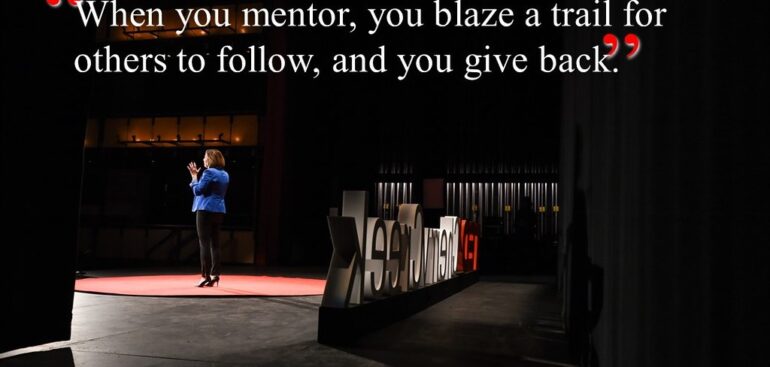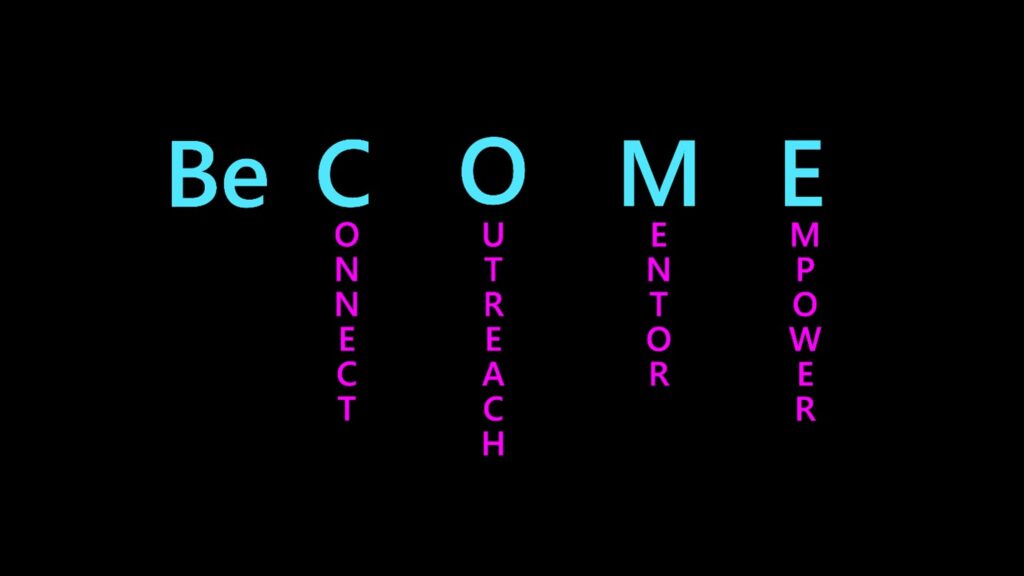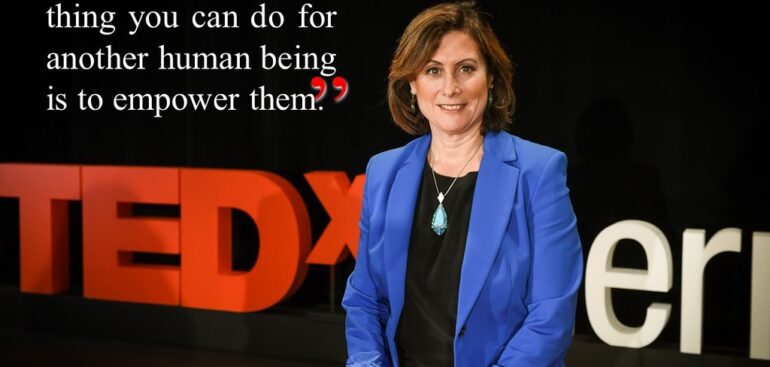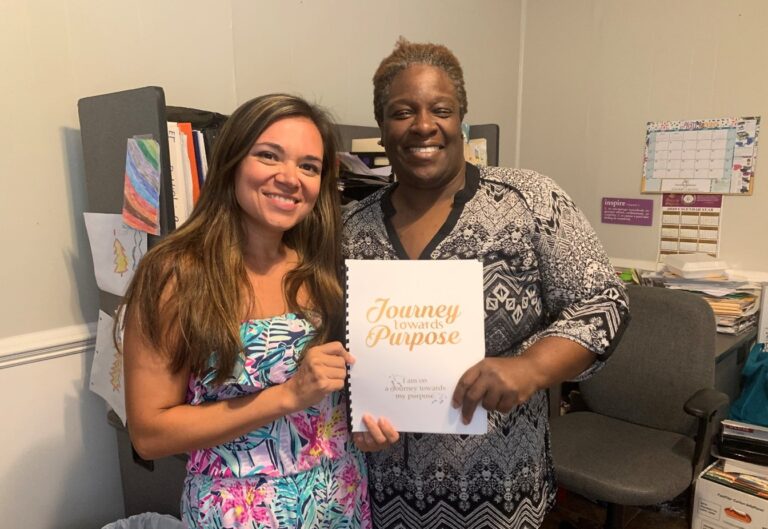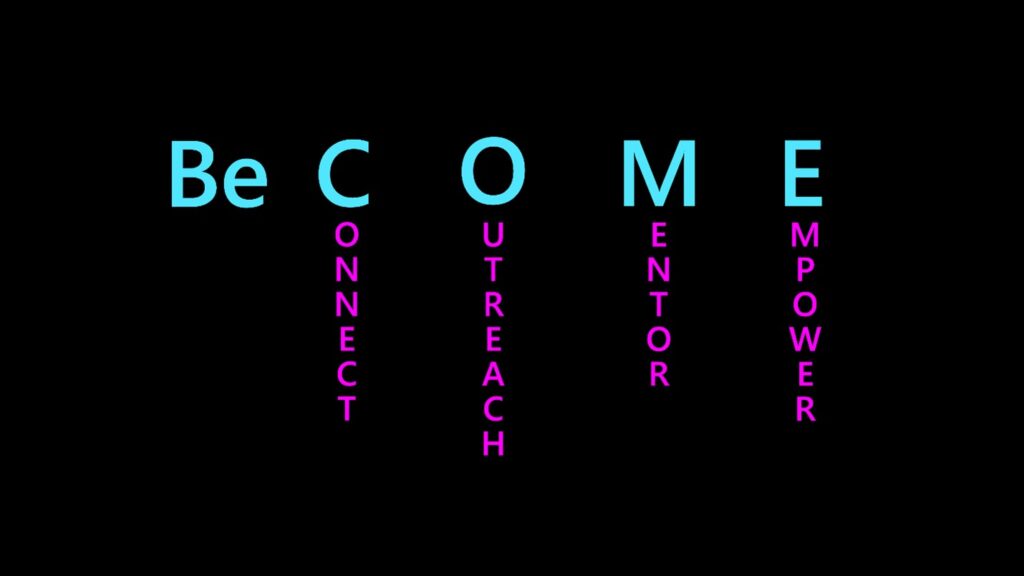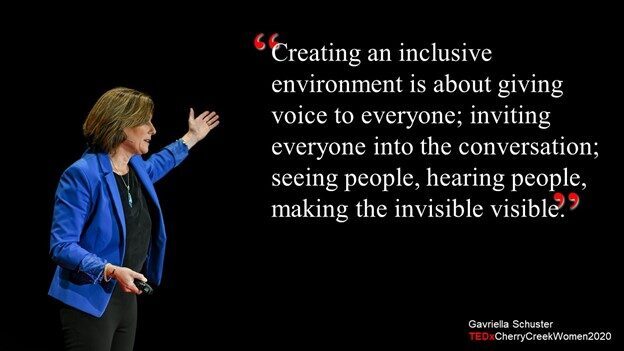
In 2016, @Enavate, an IT organization focused on Microsoft Dynamics, was at a crossroads. Revenue was down and the leadership team was unsure about the company’s future. During a meeting, a bleak report from the company’s Chief Financial Officer triggered something in the mind of Enavate’s CEO @Thomas Ajspur.
“I had forgotten why I started the business, which was to create an amazing place to work that inspired our team members. So, we made a conscious decision to focus less on the numbers and more on our culture and our people.”
As Enavate’s leaders set out to turn things around, they realized it wasn’t just a revenue and culture problem they had to solve. They had a gender equity problem too. Only 20% of the company’s workforce were women. So, they changed their hiring practices—not by creating policies to require diversity, but by changing their approach to recruiting.
Instead of hiring based on skills or “people they knew,” hiring managers were expected to look at candidates for who they were as individuals. They started hiring for quality rather than skills or expediency. That approach has doubled the number of women at Enavate.
“I‘m proud of getting to 40% gender equity, but I’m not happy. We need to get to a 50-50 split,” said Ajspur.
This is the kind of intentional leadership I was talking about in my recent TEDx Talk, BeCOME an Ally: How to achieve gender equity. It’s going to take the kind of allyship demonstrated by the leaders of Enavate to bring 8 million more women into the technology industry. That’s how many more we need to reach gender equity in high tech.
How do we get there? We need to scale. We need force multipliers. We need more men and women to become agents of change. That’s why I developed the BeCOME framework, which is made up of four actions every one of us can do to help move the needle:
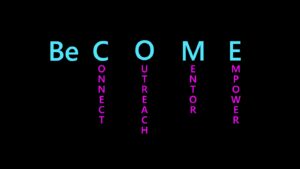
In a recent LinkedIn article I talked about Connection, and how critical it is for us to open our networks and create access points for women to connect with business leaders and with one another. The allyship demonstrated by the leaders at Enavate exemplifies the second action we all can take: Outreach.
Outreach is about examining your recruiting and hiring practices. When you post a job, do you screen out candidates, or do you screen in for diversity? And what about the suppliers you work with, or the vendors you hire—can they do more to create access for women?
A few years ago, I challenged the leaders in my own organization to stop hiring for expediency and to intentionally go outside the company and generate truly diverse candidate pools—and then ensure a diverse panel conducted the interviews. We were all inspired by the high-quality of diverse candidates that emerged. It changed the culture of our organization, and as a result, the gender diversity in our team improved dramatically.

There’s something special that happens when you have gender equity in your team. There’s more collaboration. You get new ideas and fresh perspectives. And as an organization we’ve become more empathetic. More vulnerable. More human. We talk about our feelings and we’re more open about our opinions. We aren’t afraid to share what we think. Overall, we’re just a healthier organization because we have equitable representation.
Pushing for gender equity in the workplace isn’t just the right thing to do, it’s the smart thing to do for your business. According to research by the Boston Consulting Group, organizations with diverse leadership teams have 19% higher profitability. They have greater levels of employee engagement, and higher levels of customer satisfaction. When you think about it, that makes sense. A diverse leadership team is creating products and services that better reflect their diverse customer base, right?
Enavate has experienced that first-hand. The company has doubled in size since making the conscious decision to change the culture of their company and move toward gender equity in their workforce. Today, 40% of its team members and 40% of its leadership team are women. And Enavate is now one of Microsoft’s largest Dynamics partners in the United States.
“We have an obligation as a company and to society to help people who have a harder time getting access to roles in technology,” said Ajspur.
By creating a culture of diversity and access, Ajspur says Enavate is now a favored destination for top IT talent, “It’s well known that you can be a person here, not just a number.”
To Thomas, and everyone at Enavate, thank you for being allies and leaders. Thank you for being agents of change.
Be sure to watch for my next #BeCOME LinkedIn article where I’ll share another way all of us can drive for gender equity in tech and become agents of change, through Mentorship.










